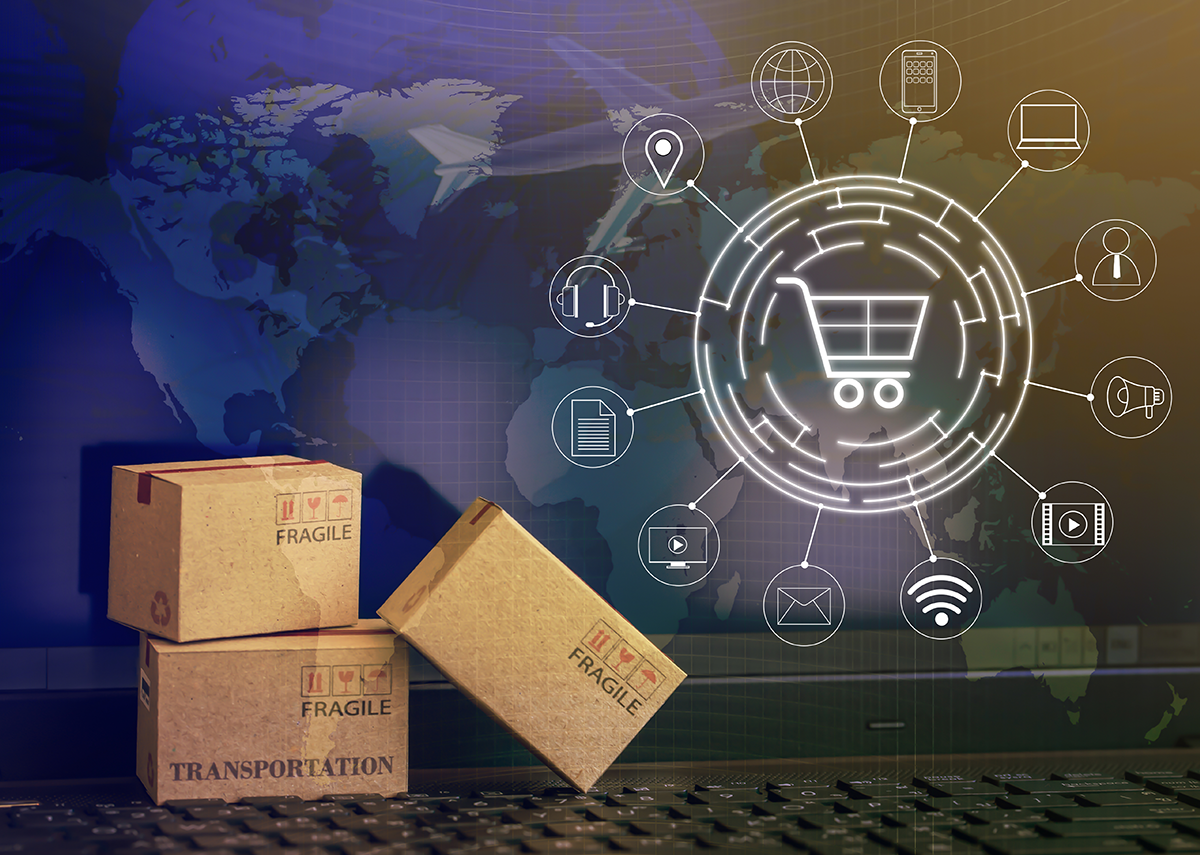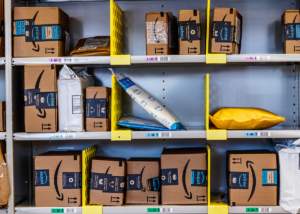
Global Business-to-business (B2B or, in some countries, BtoB) is a situation where one business makes a commercial transaction with another. This typically occurs when:
- A business is sourcing materials for their production process for output (e.g., a food manufacturer purchasing salt), i.e. providing raw material to the other company that will produce output.
- A business needs the services of another for operational reasons (e.g., a food manufacturer employing an accountancy firm to audit their finances).
- A business re-sells goods and services produced by others (e.g., a retailer buying the end product from the food manufacturer).
B2B is often contrasted with business-to-consumer (B2C). In B2B commerce, it is often the case that the parties to the relationship have comparable negotiating power, and even when they do not, each party typically involves professional staff and legal counsel in the negotiation of terms, whereas B2C is shaped to a far greater degree by economic implications of information asymmetry. However, within a B2B context, large companies may have many commercial, resource and information advantages over smaller businesses. The United Kingdom government, for example, created the post of Small Business Commissioner under the Enterprise Act 2016 to „enable small businesses to resolve disputes“ and „consider complaints by small business suppliers about payment issues with larger businesses that they supply.“
Business-to-Business companies represent a significant part of the United States economy. This is especially true in firms of 500 employees and above, of which there were 19,464 in 2015, where it is estimated that as many as 72% are businesses that primarily serve other businesses.
Reference *11082021-2












